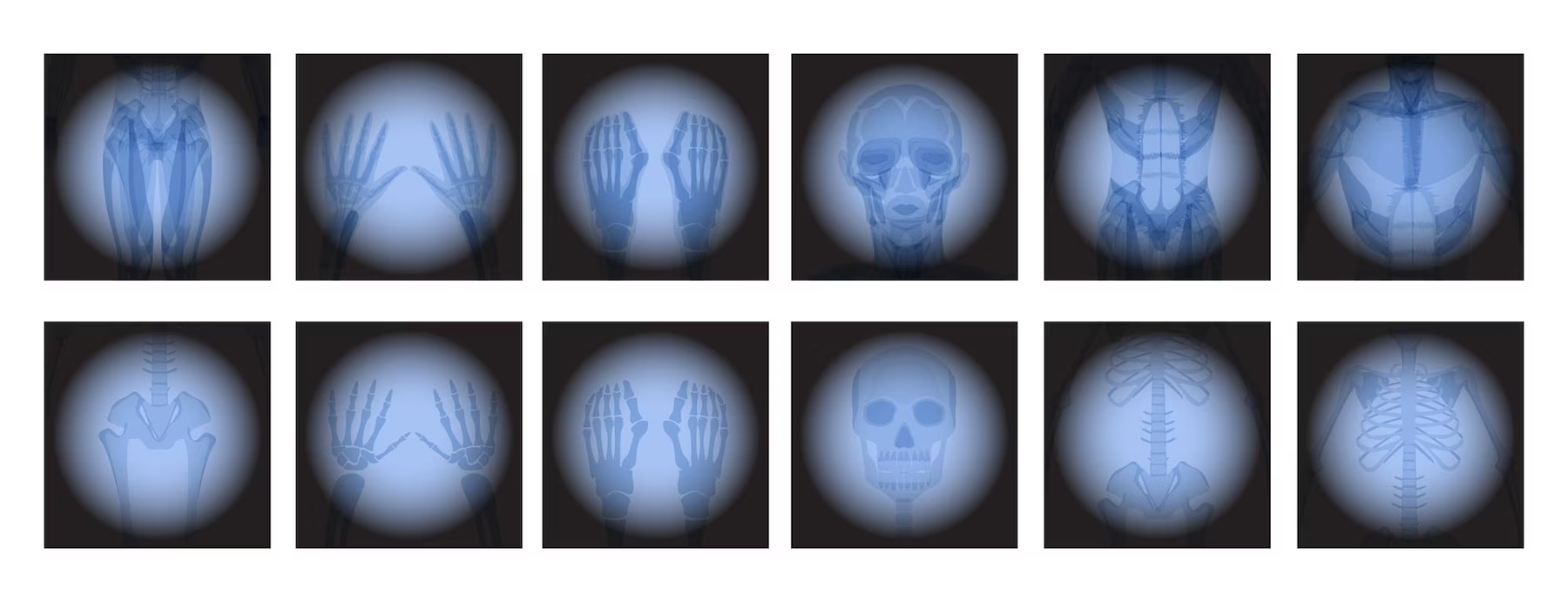
The Nuclear Medicine department is a specialized branch of medical imaging and therapeutic treatment that utilizes small amounts of radioactive materials, known as radiopharmaceuticals, to diagnose and treat various diseases and conditions. It combines the fields of nuclear physics, chemistry, and medicine to provide unique insights into the functioning and metabolism of organs and tissues at a molecular level. The department employs advanced imaging techniques and targeted therapies to aid in the diagnosis and management of numerous medical conditions.
Here are some key aspects and functions typically associated with the Nuclear Medicine department:
-
Diagnostic Imaging: Nuclear Medicine uses radiopharmaceuticals that emit gamma rays or positrons to visualize and assess the function and structure of organs and tissues. These radiopharmaceuticals are typically administered intravenously, orally, or by inhalation. Specialized imaging equipment, such as gamma cameras or PET (Positron Emission Tomography) scanners, is used to detect the emitted radiation and create detailed images of the targeted area. This allows for the identification and evaluation of a wide range of conditions, including cancer, heart disease, thyroid disorders, neurological disorders, and skeletal abnormalities.
-
Functional Imaging: Unlike other imaging modalities that primarily provide anatomical information, Nuclear Medicine focuses on functional imaging. It examines how organs and tissues are working, including their metabolism, blood flow, and receptor interactions. By assessing the physiological processes within the body, Nuclear Medicine can aid in the early detection of diseases and provide valuable information for treatment planning and monitoring.
-
Therapeutic Procedures: In addition to diagnostic imaging, the Nuclear Medicine department also offers therapeutic procedures using radiopharmaceuticals. This field is known as Therapeutic Nuclear Medicine or Molecular Radiotherapy. It involves the targeted delivery of radioactive substances to specific sites in the body, such as tumors or overactive thyroid glands, to destroy or control the diseased tissue. Common therapeutic applications include the treatment of thyroid cancer, bone metastases, and certain types of lymphomas.
-
Radioisotope Production: The Nuclear Medicine department often plays a crucial role in the production and quality control of radiopharmaceuticals. It may house a dedicated cyclotron or other radioisotope production facilities to manufacture the necessary radioactive substances used in diagnostic and therapeutic procedures. The department ensures the safe handling, storage, and disposal of radioactive materials in compliance with regulatory guidelines.
-
Radiation Safety and Dosimetry: Due to the nature of radioactive materials involved in Nuclear Medicine, radiation safety is of paramount importance. The department follows strict protocols to ensure the safe administration and handling of radiopharmaceuticals. Radiation protection measures are implemented to minimize radiation exposure to patients, staff, and the general public. Dosimetry, which involves calculating radiation doses received by patients, plays a vital role in optimizing treatment efficacy while minimizing potential side effects.
-
Research and Innovation: Nuclear Medicine departments often actively engage in research and development to advance the field. This includes exploring new radiopharmaceuticals, imaging techniques, and treatment approaches. Research efforts may focus on improving image quality, reducing radiation exposure, developing new radiotracers, or investigating novel therapeutic applications.
-
Multidisciplinary Collaboration: Nuclear Medicine departments collaborate closely with other medical specialties, such as radiology, oncology, cardiology, and endocrinology, to provide comprehensive patient care. The integration of Nuclear Medicine findings with other imaging modalities and clinical information helps in accurate diagnosis, treatment planning, and monitoring of various diseases.
- The Nuclear Medicine department plays a crucial role in the diagnosis, management, and treatment of a wide range of medical conditions. By utilizing radioactive substances and advanced imaging technologies, it offers valuable insights into the functioning and metabolism of organs and tissues. Through continuous research, innovation, and collaboration, Nuclear Medicine continues to contribute to the advancement of personalized and targeted medicine.
-
-
Our Mission
- The center seeks to be at the disposal of every patient in need for an equal opportunity to all to benefit from nuclear medicine. The goal of the EANM is to be a platform for the dissemination and discussion of the latest results in the field of nuclear medicine, including multimodality imaging and related subjects. It fosters and coordinates the mutual exchange of knowledge relating to the diagnosis, treatment and prevention of diseases through using unsealed radioactive substances and the properties of stable nuclides in medicine.
-
-
Our Vision
-
To become the leading nuclear medicine center in Turkey, offering affordable and high quality studies and treatment from all over the region.
- To optimise and advance science and education in nuclear medicine for the benefit of public health and humanity within the concept of personalised healthcare.
ACADEMIC STAFF
Prof. Dr. Halil KAYA
Head of Department
E-mail: [email protected]
Phone: 444-1-428 / 52154